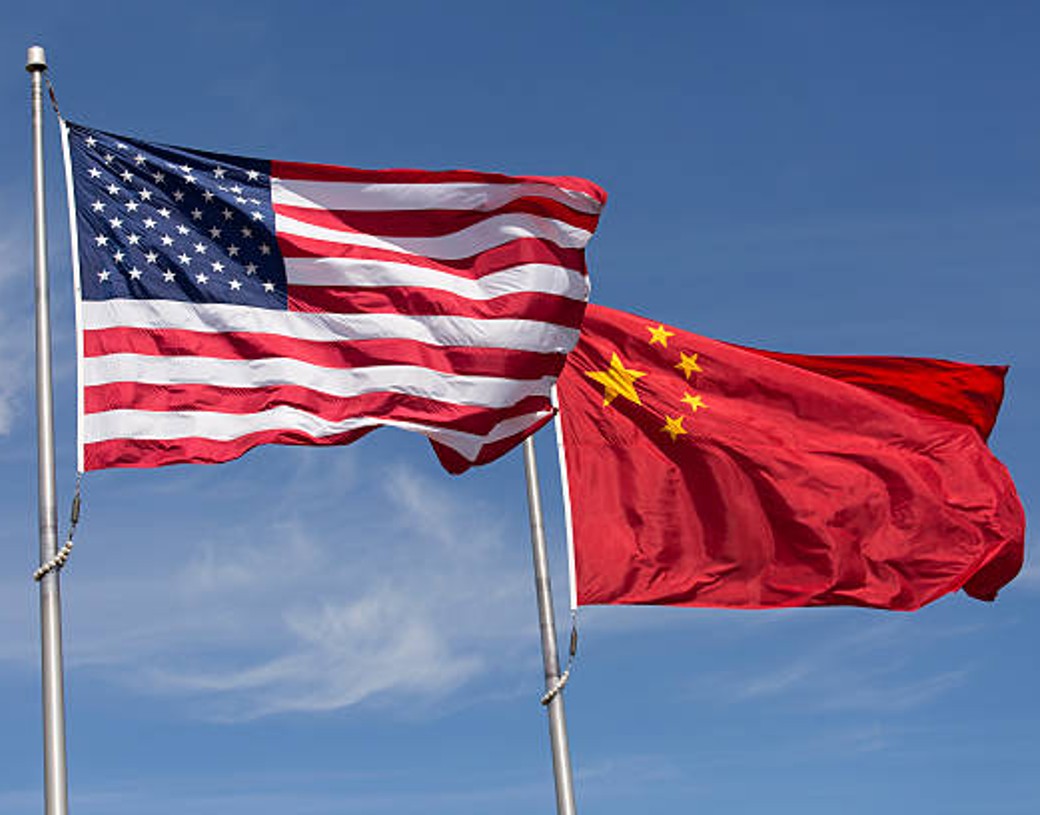A group of developing countries known as BRICS, including Brazil, Russia, India, China, and South Africa, is determined to challenge the dominance of the US dollar in global finance and trade through the process of de-dollarization, which they believe is irreversible and gaining pace. The shift away from dollar dominance is driven by recent geopolitical tensions and the desire to have more choices in global financial interactions, rather than being anti-West or anti-dollar. However, experts believe that the dollar will remain the dominant global currency for the foreseeable future.
China's economic weakness may pose challenges for developing economies and regions that rely on it, but the US economy is well positioned to navigate these headwinds with its investments and resources, according to US Deputy Treasury Secretary Wally Adeyemo.
The BRICS bloc of developing nations, including Saudi Arabia, Iran, Ethiopia, Egypt, Argentina, and the United Arab Emirates, has agreed to expand in an effort to reshape the world order it sees as outdated and tilted against them. However, the expansion faces challenges due to differing interests and concerns among the member countries. Additionally, the idea of a BRICS trading currency called BRICKs is seen as flawed and unlikely to be successful. The notion that the GDP of the BRICS bloc will surpass that of the G7 countries is also disputed, with China's demographics and debt bubble being seen as potential obstacles.
China's economy is facing multiple challenges, including tech and economic sanctions from the US, structural problems, and a decline in exports, hindering its goal of becoming a top global exporter and tech power, which could have long-lasting effects on its status in international relations and the global economy.
India's adversarial relationship with China and its moves to block imports and investment from China could complicate its involvement in BRICS, as China seeks to expand the group and use it as a platform to challenge Western dominance.
The U.S.'s efforts to curb China's military ambitions through economic and technological measures may inadvertently hinder progress in addressing climate change and accelerating the energy transition.
China's Huawei Technologies' development of an advanced chip for its latest smartphone demonstrates the country's determination to fight back against U.S. sanctions, but the efforts are costly and may lead to tighter restrictions from Washington, according to analysts.
The residual impact of sanctions against Russia is causing divisions among the Group of 20 countries, with some nations resisting US-led efforts and forming alliances with Russia and China, while the BRICS nations are seeking to reduce reliance on the US dollar.
China's economic problems are more likely to impact its neighboring countries and Europe than the United States, according to U.S. Deputy Treasury Secretary Wally Adeyemo, who emphasized the need for China to address its structural economic issues.
China's military buildup is a preparation for a potential war with the United States, according to Air Force Secretary Frank Kendall, who emphasized the need for America to optimize its forces to counter this rising threat while acknowledging that war is not inevitable.
The BRICS expansion, which includes countries like Saudi Arabia, the UAE, and Iran, has raised concerns in the U.S. and EU as it poses a threat to Western-dominated financial markets, while China's influence grows and the alliance aims for de-dollarization in global trade.
China's struggling economy, including its deflation and property crisis, will have a significant impact on the US due to its high foreign investment exposure in China and the dependence of key exporting countries like Chile, Australia, and Peru on the Chinese market.
A retreat of funds from Chinese stocks and bonds is diminishing China's global market influence and accelerating its decoupling from the rest of the world, due to economic concerns, tensions with the West, and a property market crisis.
Developing countries, including the BRICS alliance, are looking to end reliance on the US dollar due to increasing debt and the threat of inflation, which could lead to a decline in the dollar's value and a rise in prices. Economist Peter Schiff warns of a tragic ending for the US dollar if other countries continue to move away from it.
The BRICS bloc, including countries like India, China, and Russia, is slowly reducing its dependency on the US dollar and using their local currencies for trade, which could potentially weaken the US dollar's position as the dominant global currency.
